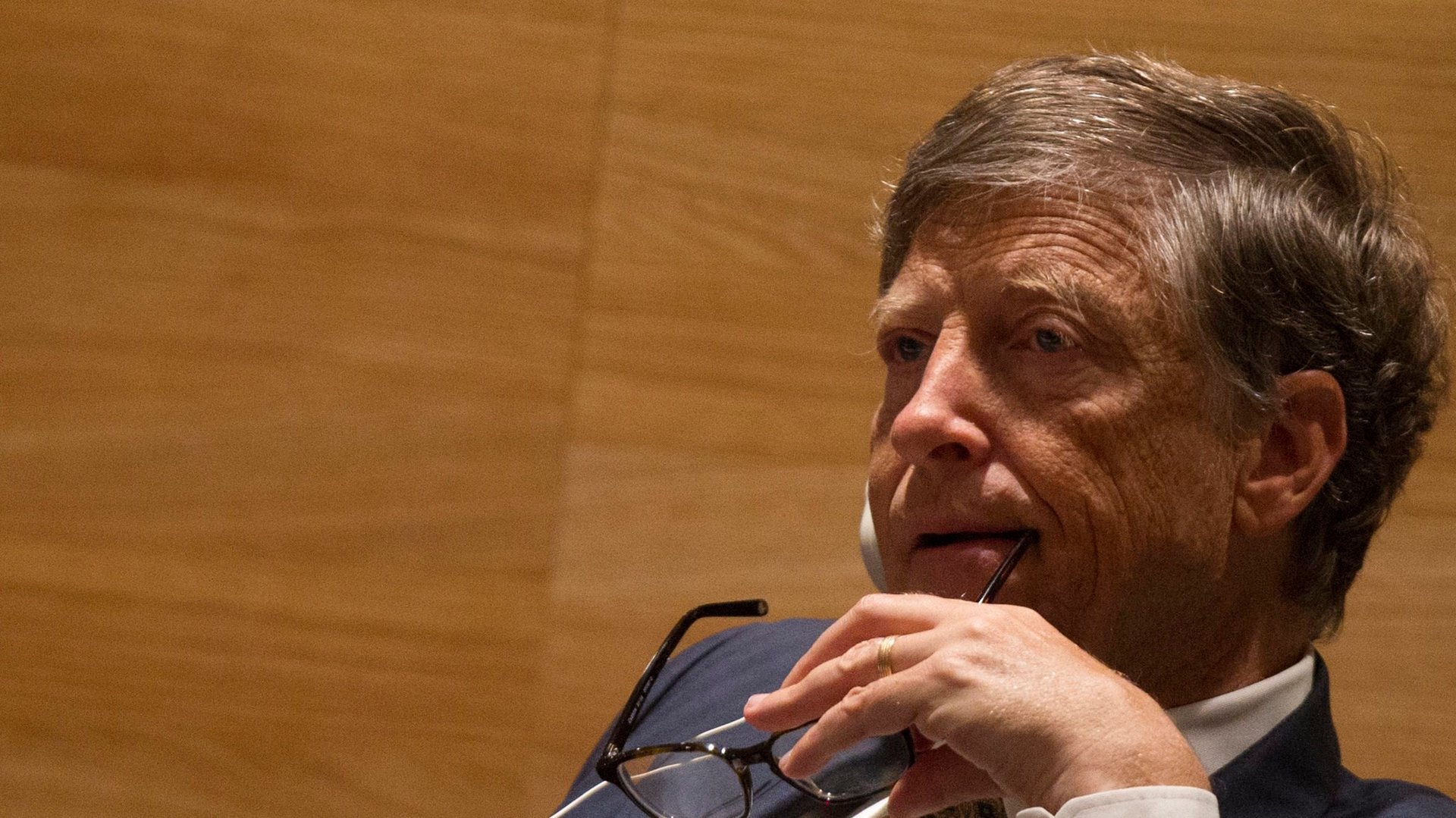Bill Gates’ new job could be as big a deal for Microsoft as its new CEO
Microsoft’s announcement that Satya Nadella will be the company’s third CEO is big news. But perhaps equally important is that Bill Gates resigning as chairman and taking a daily role at the company.


Microsoft’s announcement that Satya Nadella will be the company’s third CEO is big news. But perhaps equally important is that Bill Gates resigning as chairman and taking a daily role at the company.
Gates recently told Bloomberg TV that he intended to spend the rest of his life working full-time on philanthropy. But when Nadella, his personal choice for CEO, asked him to help, Gates—who had taken a big part in the CEO search—agreed to get more involved. Gates said in a video welcoming Nadella that he will ”substantially increase” his time at the company and “have a third of his time available to meet with product groups” as the new CEO’s “technology advisor.” That about-face shows serious commitment.
Nadella is widely respected and has helped Microsoft’s business and cloud divisions succeed. But Gates is the one who is revered as a leader. He was famous for his “think weeks” when active at Microsoft. He would retreat to a waterfront cottage to spend a week in isolation, read papers from throughout the organization, and contemplate the future. A 2005 Wall Street Journal piece (paywall) on the process described how a week’s deliberation and the resulting emails would rapidly ripple through the company, shift entire divisions, and boost both teams and managers.
When Gates stepped back, the company replaced him with a group of 43 people to try and replicate his approach.
It has been six years since Gates left his active, daily role. In that time, Microsoft has struggled with mobile devices, search, and the cloud. He returns to the company after several bruising, change-filled years, as well as months of uncertainty over who would replace CEO Steve Ballmer.
When a founder used to the lead role shares power with a new CEO, it can go badly. Lululemon founder Chip Wilson ceded the job of CEO of the clothing retailer to Christine Day, but stayed on as chairman. Day was popular and oversaw huge growth, but ended up leaving the company due to tension with Wilson. The company learned from its mistake: When Laurent Potdevin took over from Day, Wilson stepped down as chairman and stepped back from the company.
Gates isn’t the gaffe-prone Wilson. But he’s so heavily identified with Microsoft that he could easily overshadow Nadella both in public and at the company. However, Nadella personally asked Gates to return, and the two have a longstanding good relationship. Gates’s return will ideally put muscle and authority behind Nadella’s vision, which the new CEO describes as re-imagining Microsoft for a cloud and mobile-first world.